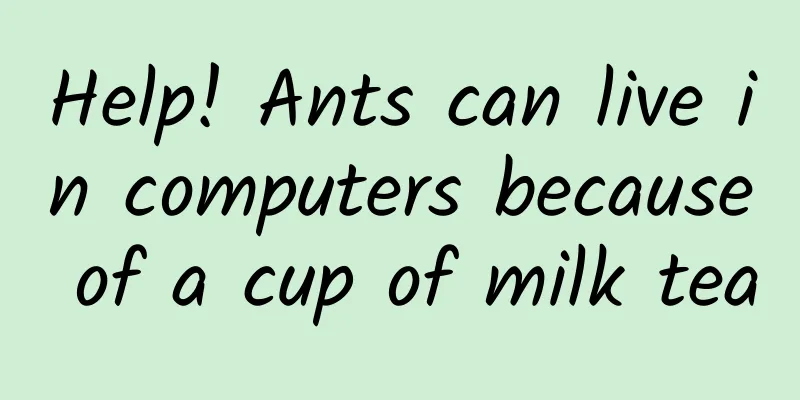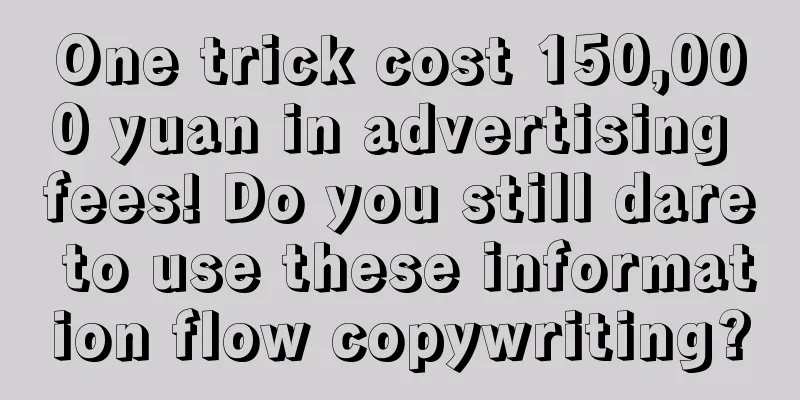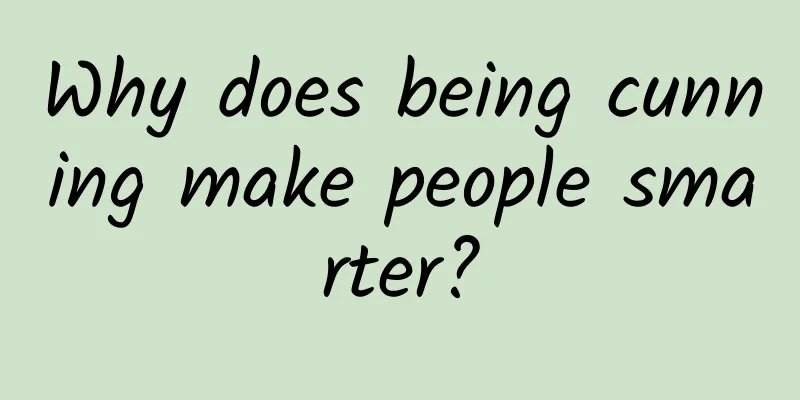Did the holiday pass by so quickly? Maybe it’s because your brain didn’t expect it to be so refreshing…

|
Students, the winter vacation is almost over, and many students have already started school. Do you feel that time is passing quickly while having a great time? In fact, this may be due to a prediction error in the brain. When you get more positive stimulation than expected, you will feel that time is passing faster. Our sense of time may be the basis of all experience and behavior, but this feeling is an unstable subjective feeling, and it can even expand or contract like a sponge. Emotions, music, things happening around us, and shifts in attention can change our sense of time, making us feel that time is speeding up or slowing down. For example, we feel that time slows down when we see an angry face compared to an expressionless face. This difference in feeling also exists in the contrast between butterflies and spiders, and blue and red images. There are also some similar experiences in life, such as the more anxious you are, the slower the water in the pot will boil, and happy times always pass in the blink of an eye. In response to the question of "what prolongs and compresses our perception of time", Ido Toren, Kristoffer Aberg and Rony Paz, researchers at the Weizmann Institute of Science in Israel, proposed a new insight in a study published in Nature Neuroscience last August. It has long been believed that we learn through rewards and punishments, and the mechanism behind this is related to the perception of time. Now, these three researchers have found evidence to support this view. The study also found that the brain constantly predicts and expects what will happen in the future, and it is this behavior that determines our perception of time. “Everyone knows the saying ‘happy times are short-lived,’ but the full statement is probably more nuanced — if you’re happier than you expected, it’s short-lived,” says Sam Gershman, a cognitive neuroscientist at Harvard University. Time and learning To the brain, "time" does not represent one thing. Different brain regions rely on different neural mechanisms to track time, and the neural mechanisms that govern the sense of time change in different situations. Research over the past few decades has shown that dopamine plays a crucial role in our perception of time. Dopamine has numerous effects on the perception of time, and these effects can even conflict with each other and cause confusion. Some studies have found that increased dopamine speeds up animals' biological clocks, causing them to overestimate how quickly time passes; others have found that dopamine causes the brain to compress events, making time seem to pass faster; and others have found that both effects exist, depending on the context of the event. The link between dopamine and time perception is of particular interest to researchers, in part because dopamine plays a role in reward and reinforcement learning. For example, when we receive an unexpected reward (i.e., we make a prediction error), the chemical dopamine rushes in, and this reward signal causes us to continue our previous behavior. It’s no coincidence that dopamine is equally important for time perception and learning processes. Drugs such as methamphetamine and neurological diseases such as Parkinson’s disease alter both of these processes and also alter dopamine secretion. Learning itself is a process of associating actions with results, which requires linking one event to another in time. "In fact, the core of the reinforcement learning mechanism is time information," said neuroscientist Joseph Paton. However, scientists have not yet figured out how learning and time perception are integrated in the brain, or which areas are involved in the process. In fact, "traditionally, these two areas have been completely separate," said Martin Wiener, a psychologist at George Mason University in the United States. "No one has thought about 'If learning and time perception both use the same neurotransmitter system, how do they affect each other?'" The impact of forecast error The Nature Neuroscience paper explores this question in more detail. In the study, subjects saw two numbers flash on a screen in sequence, usually with a zero followed by another zero. However, occasionally, a positive or negative integer would appear on the screen at random as the second number: if it was positive, the participant would receive a bonus, but if it was negative, the bonus would be deducted. In the experiment, the length of time the second number was displayed would vary, and the subjects had to report which number lasted longer. The results showed that when something unexpected and good happened (researchers call it a "positive prediction error"), the stimulus made the subjects feel that it lasted longer. Unpleasant results (negative prediction errors) made the brain feel that these experiences were shorter. "This basically tells us that our perception of time is systematically biased by the degree of surprise we get from the outcome," said Matthew Matell, a psychologist at Villanova University. The team showed that the larger the prediction error, the greater the distortion in the perception of time. They built a reinforcement learning model that was able to predict each subject's performance on the task. They also performed brain scans on the subjects to track this effect in the putamen, a brain region involved in functions such as motor learning. Although further experiments are needed to determine the precise mechanism (and the role of dopamine), the research has implications for models of both learning and time perception. Effects of neurological fatigue If we lengthen or shorten our perception of time in response to external cues, we may also change our sense of how close we are to certain actions and outcomes, which in turn may affect the speed at which we learn the connection between these things. Bowen Fung, a former Caltech postdoctoral researcher, said that the time effect associated with prediction error also shows that "reinforcement learning models must have this additional feature if they are to accurately reflect what is happening." "It's a challenge for future modelers or people trying to deepen their understanding of the brain to take into account the interaction between this temporal effect and reinforcement learning," Matell said. Gershman and his doctoral student John Mikhael have taken on this challenge and are working to develop a learning model that improves mental predictions by adaptively adjusting the flow of time in the brain. But prediction errors aren't the only factor that shapes our sense of time. A study published in the Journal of Neuroscience last September found that participants who were repeatedly exposed to brief stimulation tended to overestimate the duration of slightly longer intervals. According to the study, this may be because neurons sensitive to shorter stimulations become fatigued in this context, allowing neurons sensitive to longer stimulations to dominate the way subsequent stimulations are perceived. Similarly, after repeatedly being exposed to long-interval stimulations, participants underestimated the duration of slightly shorter intervals. The more fatigued the neurons in the supramarginal gyrus (SMG) in the brain, the greater the time distortion. Image credit: Hayashi and Ivry “By changing the context in which the stimuli are presented, we can actually manipulate how the subjects perceive these durations,” says Masamichi Hayashi, a cognitive neuroscientist at Japan’s National Institute of Information and Communications Technology, who conducted the study with Richard Ivry of the University of California, Berkeley. Scans of brain activity showed that an area in the right parietal lobe is responsible for this subjective experience of time. Hayashi and Ivry, along with three scientists from Weizmann, focused on completely different brain regions and mechanisms, but both studies observed a bidirectional effect on the perception of time. On the one hand, this shows that the timing process in the brain is so diverse. But on the other hand, Hayashi said that the right parietal lobe does have functional and anatomical connections with the nucleus shell, so perhaps the interaction between the two forms a comprehensive perception of time. Any laws and calculations that make this (or other) interactions possible could underlie our perception of time. But until they are determined, scientists can only look at clocks in advance to determine the time. Source: Global Science Written by Jordana Cepelewicz Translation: Fan Yifei Original link: https://www.quantamagazine.org/reasons-revealed-for-the-brains-elastic-sense-of-time-20200924/ The pictures in this article with the "Science Popularization China" watermark are all from the copyright gallery. The pictures are not authorized for reprinting. |
<<: How scary are the bugs that burrow into your body?
Recommend
The "Song" is here, creating an era of SUV fuel consumption 3! Song L DM-i is launched with a shocking price of 135,800 yuan
On July 25, BYD Dynasty's new mid-size SUV So...
Apple Pay will be introduced in China with iOS 8.3, and new music services are also under development
[[127737]] As usual, Apple usually releases the l...
How to advertise in Douyin?
1. Traffic dividend channels Any place with traff...
"CP" instead of dating? Contemporary young people: It's all dopamine that makes us "high"
Do you often smile unconsciously at the two peopl...
How to establish long-term relationship chains with users?
This article will explore the tricks to attract u...
Cognition and scale—how do operations intervene in products?
Products and operations may indeed conflict over ...
What are the functions of the Foshan Campus Errands Mini Program? How much does it cost to create an errand running app?
Some time ago, a student came to us and said that ...
iOS8 custom input method tutorial: How to create a third-party input method
iOS8 brings a lot of cool features, one of which ...
In "Nezha 2", Ao Bing defeated Shen Gongbao's father with this "cold" knowledge! Cultivating immortals also requires science!
In "Nezha: The Devil Boy Conquers the Dragon...
Overwork, anxiety and stress are the triggers of sudden death! The truth you must know about sudden death
Recently, the news that a 22-year-old girl in Han...
What to do with your WeChat account if you lose your phone? Tencent releases new official guide
Losing a mobile phone is probably one of the most...
Erhu beginner tutorial video, Erhu beginner tutorial video!
Learn the basics of Erhu The beauty of erhu timbr...
Three steps of product operation: attracting traffic, retaining users, and being active
A very good single male friend of mine once made ...
How to build and implement data analysis indicators?
“ A universal and recognized indicator dictionary...
Solving the problem of intelligent car networking: Building an open ecosystem
my country's intelligent connected vehicles (...









